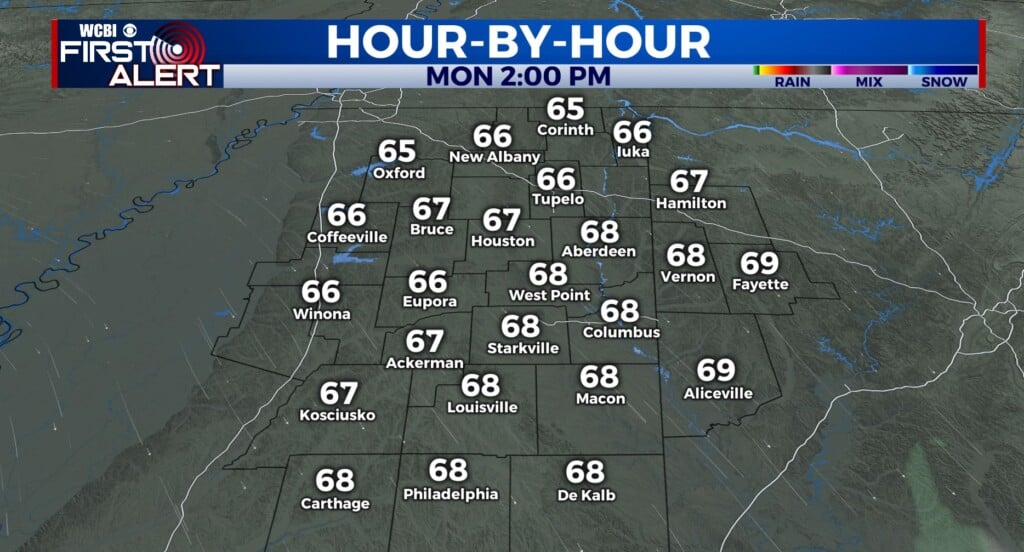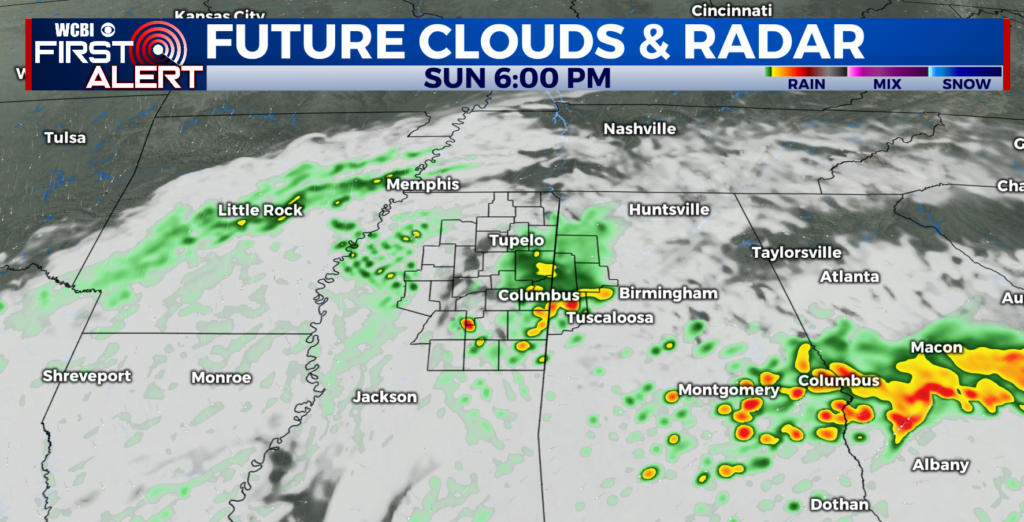Nearly 4 million homeowners aren't paying their mortgages
A growing number of U.S. homeowners have stopped making their mortgage payments as layoffs around the country soar and more households face financial problems.
Nearly 4 million people, or just over 7% of mortgage holders, have sought relief on their home loans as of April 30, according to housing data provider Black Knight. That’s up sharply from the beginning of March, when fewer than 150,000 mortgages were in forbearance.
The number is only expected to grow, with May payments due soon and with the nation’s unemployment rate expected to reach 15% to 20%.
“Over 26 million Americans have filed for unemployment over the last month, leading to nearly 7 percent of all mortgage borrowers asking to be put into forbearance plans,” Mortgage Bankers Association Chief Economist Mike Fratantoni said in a statement earlier this week. “For Federal Housing Administration and Veterans Affairs borrowers, the share of loans in forbearance is even higher, at 10 percent.”
The Coronavirus Aid, Relief and Economic Security, or CARES, Act lets homeowners request reduced or suspended mortgage payments for up to 12 months without incurring late fees or penalties if their mortgages are backed by Fannie Mae and Freddie Mac. The provision applies to single-family or condominium mortgages. Some other government home loans, such as those backed the Department of Veterans Affairs. are also eligible for forbearance.
The CARES Act does not protect mortgages that are not backed by the government, which make up about half of all mortgages nationwide. Roughly 1.7 million of the forbearance loans are Fannie or Freddie-backed, while VA and Federal Housing Authority loans account for another 1.6 million, according to Black Knight.
Black Knight said in an April report that the coronavirus pandemic has dented the housing market. Along with homeowners who are skipping payments, fewer house-hunters are applying for mortgages. Prior to the virus, mortgage defaults and delinquencies were near record lows.
Other homeowners who have obtained mortgage relief from their lenders or loan servicers are expressing concern about owing thousands of dollars in a lump-sum payment after the forbearance period ends. That isn’t the only repayment option under the CARES Act. Housing executives emphasize that borrowers can also arrange installment plans or get an extension, among other options.
“We do not require a homeowner to repay missed payments all at once at the end of the forbearance plan, unless they choose to do so,” Fannie Mae CEO Hugh Frater said in a statement this week. “We want every homeowner who is struggling because of this pandemic to know they have mortgage options.”





Leave a Reply